Israel continues to block aid deliveries into famine-stricken Gaza: Rights group
Israel has continued to obstruct the delivery of aid into Gaza amid its 7-month genocidal war on the besieged territory, using food as a tool to “pressure” and “blackmail” Palestinians, according to a rights group.
A report by the European-Mediterranean Human Rights Monitor published on Monday said Israel is continuously limiting the entry and distribution of aid in Gaza, especially the Gaza City and North Gaza governorates, where at least 300,000 people reside according to UN estimates.
Israel’s war on Gaza which began on October 7 in the aftermath of Hamas’s Operation Al-Aqsa Storm, has so far killed nearly 33,800 people with thousands more presumed dead under the rubble.
The recent report warns that the chokehold on aid threatens to exacerbate and deepen the widespread famine in the area, confirming aid agencies’ fears that deaths by starvation and diseases may top deaths by bombs in Gaza.
“Israel’s restriction of humanitarian access into the Gaza Strip, particularly the strip’s northern parts, and its impeding of the timely delivery of life-saving food supplies is drastically worsening the already-dire food insecurity faced by the Palestinian population there,” it said.
According to the report, Israel currently allows 169 trucks to cross daily into Gaza via the Kerem Abu Slem/Kerem Shalom crossing and the Rafah land crossing since early April.
“This is still far less than the 500 trucks per day that were entering the strip prior to October 7, as well as the operational capacity of both border crossings,” it said.
The report warned that the restrictions on allowing aid into the war-battered territories are putting more people at risk of dying from starvation.
Gaza’s Health Ministry reported that as of April 1, 32 people, including 28 children, had died of malnutrition and dehydration at hospitals in northern Gaza.
Euro-Med Monitor also criticized Israeli authorities for continuing to impede the entry of humanitarian aid into the strip via the land crossings and ensuring that aid cannot enter in a timely, efficient, and systematic manner.
Israeli ministers have “openly stated that starvation and aid must be used as a tool of pressure, blackmail, and weaponry in the current military attacks,” it said.
“Israel persists in its crime of starving the strip’s civilian population despite all of the legally-binding international resolutions and the obligations placed upon,” it said, citing the Genocide Convention and the UN Security Council resolution adopted on March 25 demanding an immediate ceasefire and “the urgent need to expand the flow” of aid into Gaza.
The report also warned that not allowing sufficient amounts of aid into the besieged Gaza Strip has already caused residents to lose unhealthy amounts of weight.
The latest analysis from the Integrated Food Security Phase Classification (IPC) partnership released in March warned that the situation in Gaza is catastrophic, with northern Gaza facing imminent famine and the rest of the strip at risk as well.
It concluded that famine may occur by the end of May 2024 if the war did not end and sustained access for the provision of essential supplies and services to the population did not take place.
Meanwhile, international charity group Oxfam recently revealed that people in northern Gaza have been forced to survive on an average of just 245 calories a day since January. Adults typically require between 1,600–3,000 calories per day.
According the Euro-Med Monitor report, Palestinians also have to risk their lives by waiting for aid trucks near Israeli checkpoints, which have become death points, as hungry crowds of civilians are frequently targeted by the Israeli military.
On 29 February, Israeli troops fired on crowds of Palestinians gathered to collect flour in the southwest of Gaza City, killing at least 112 people and injuring some 760.
Israel has been claiming for weeks that there has been a change in the amount of aid entering the Strip, but the report said no real action has been taken.
“The number of trucks permitted to enter the Strip, particularly Gaza City and North Gaza, remain unaltered. Moreover, the Erez/Beit Hanoun checkpoint in the north of Gaza remains closed,” it said.
There are only three roads that Israel permits humanitarian relief convoys to use to reach the northern Gaza Strip and these roads are “in very poor condition” and do not provide any security guarantees, the report added.
According to a recent report by the United Nations Office for the Coordination of Humanitarian Affairs (OCHA), access into Gaza is characterized by “lengthy inspection processes, fuel shortages resulting from Israeli restrictions, and restrictions on the movement of trucks, convoys, and vetted drivers…and congestion at the Kerem Shalom crossing.”
Israel plans to seize Palestinian-owned land in occupied East al-Quds
VIDEO | Displacement in Al-Ouja: A broader push to reshape the occupied West Bank
World Economic Forum revokes Iran FM’s invitation 'under US-Israeli pressure'
VIDEO | The West’s blueprint for modern leadership change war
Iran resolved to protect its independence, security against foreign intervention: FM
Heads of govt. branches vow to resolve economic woes, ensure public security
Several killed as explosion rips through Kabul's high-security district
Trump says 'feels no obligation' to pursue peace after Nobel Prize snub


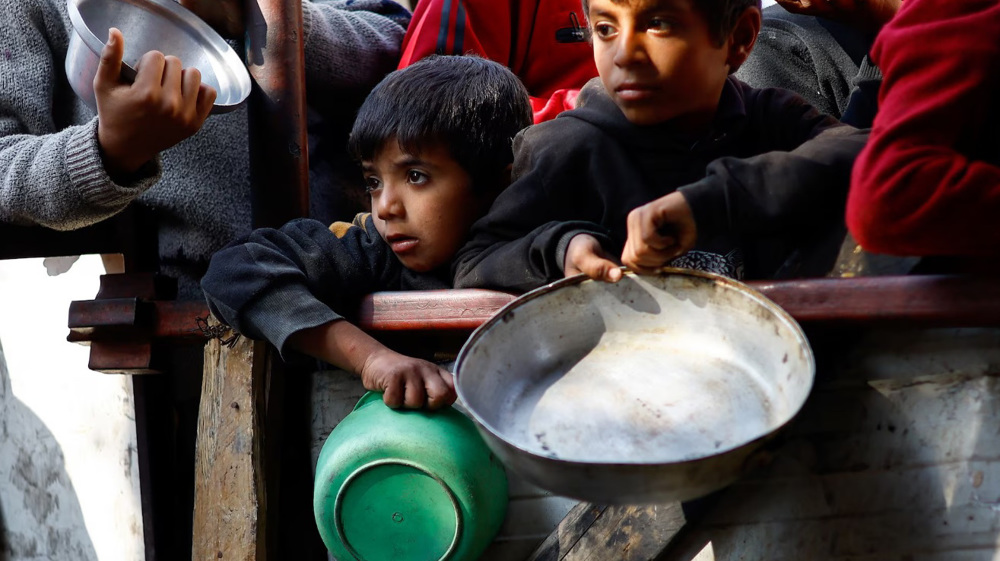
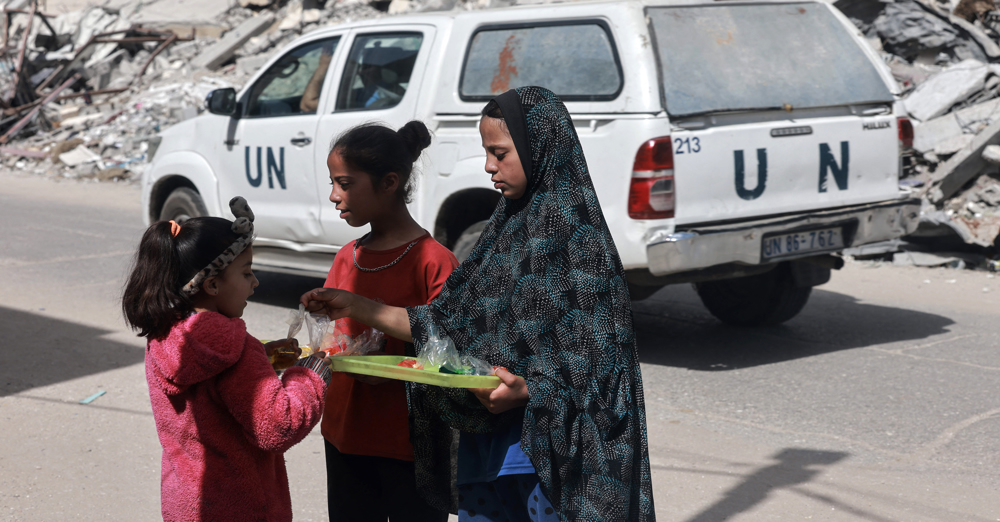
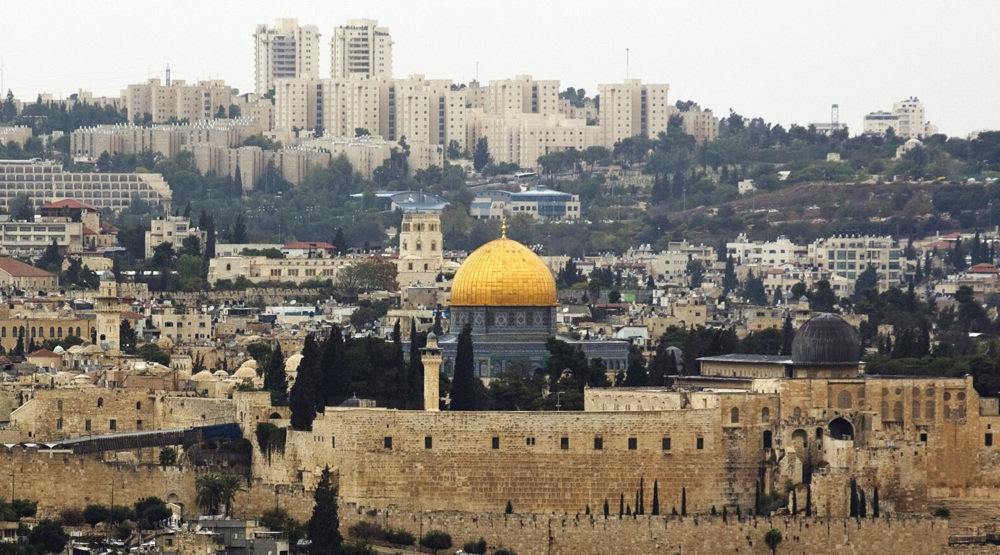
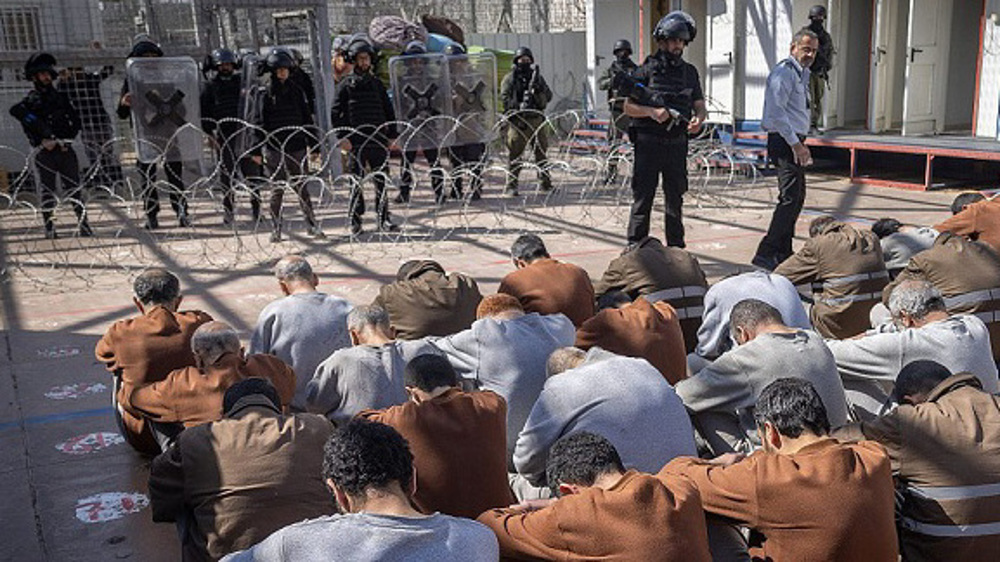
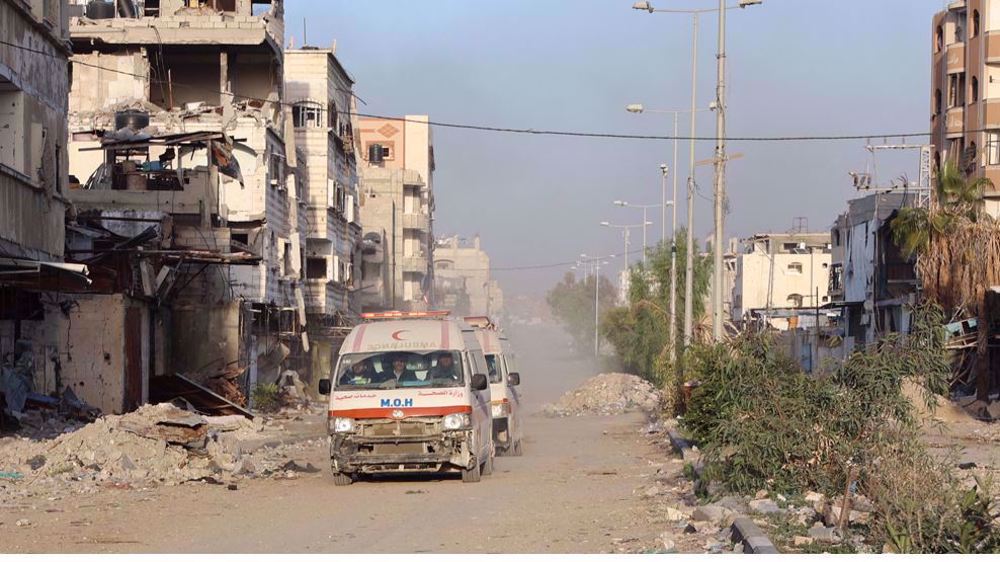



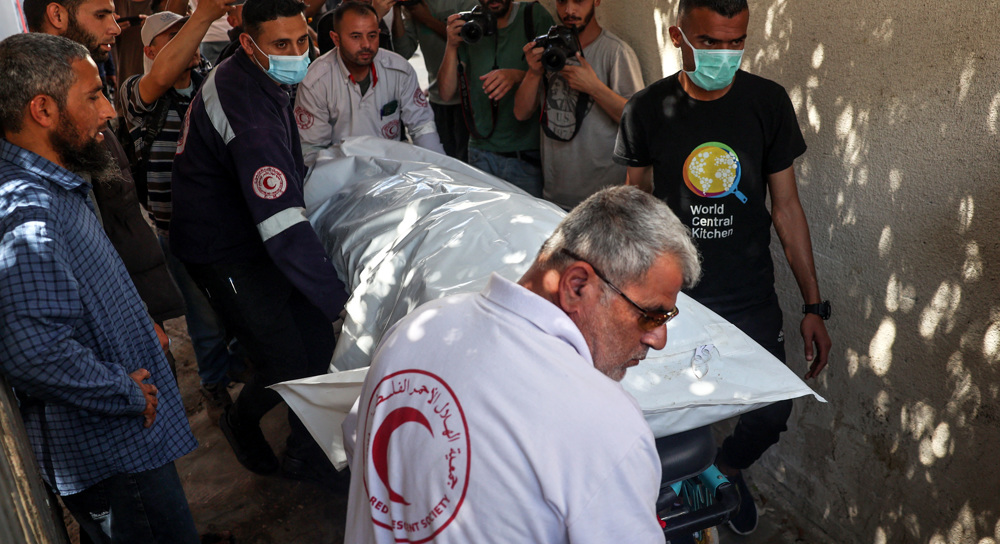
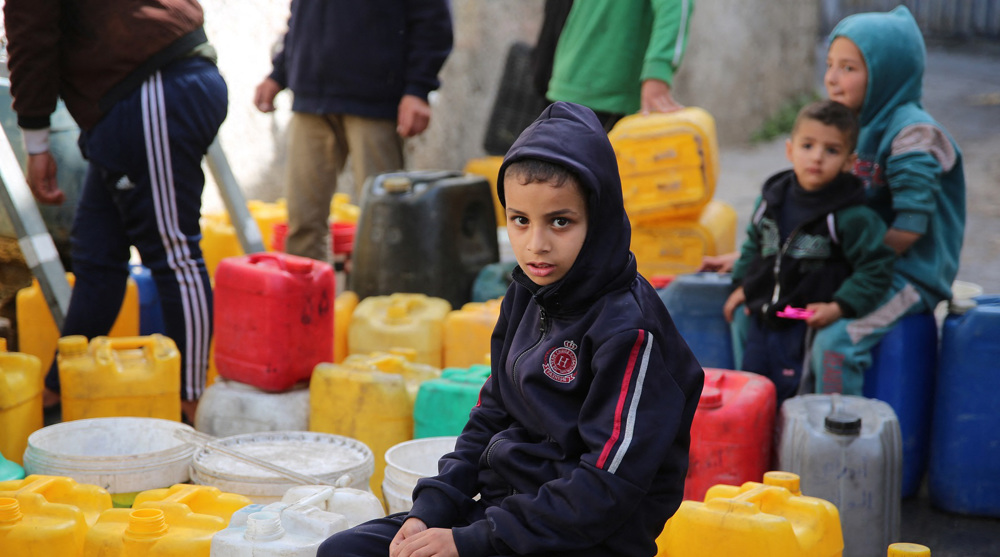
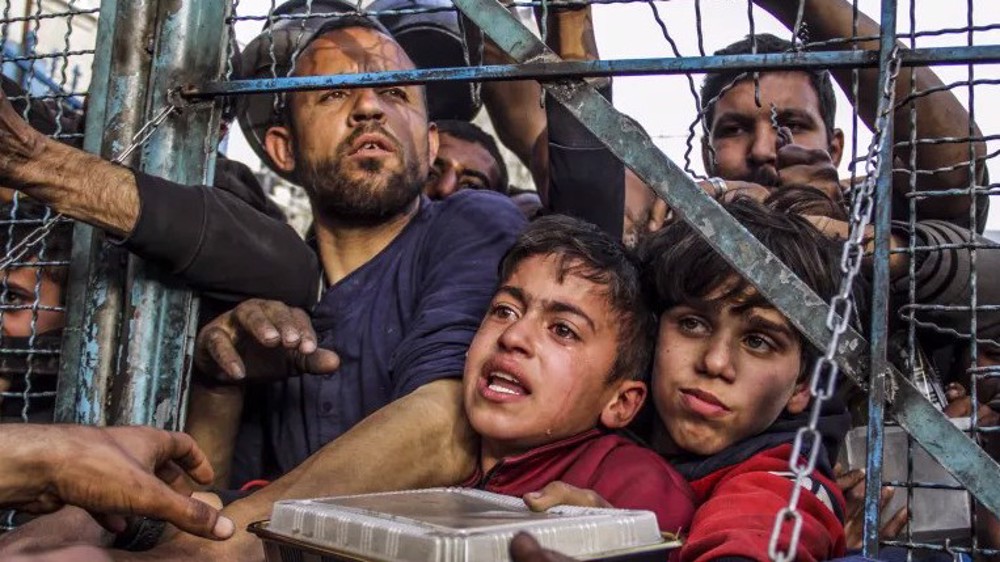
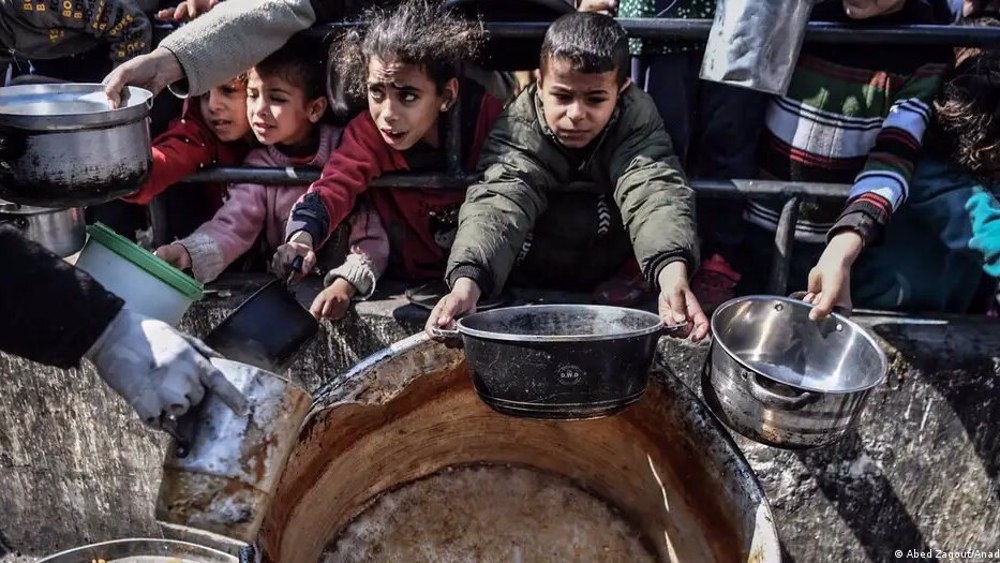
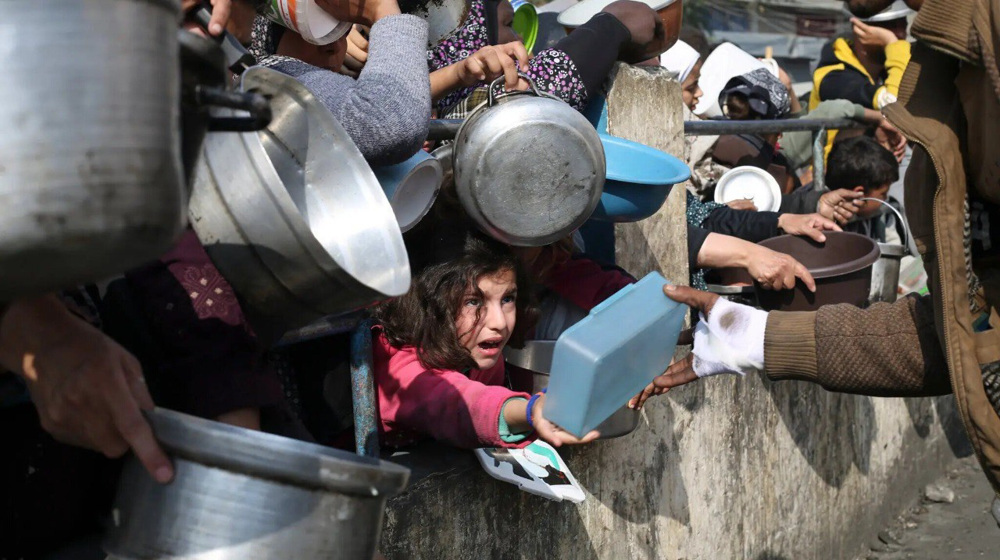
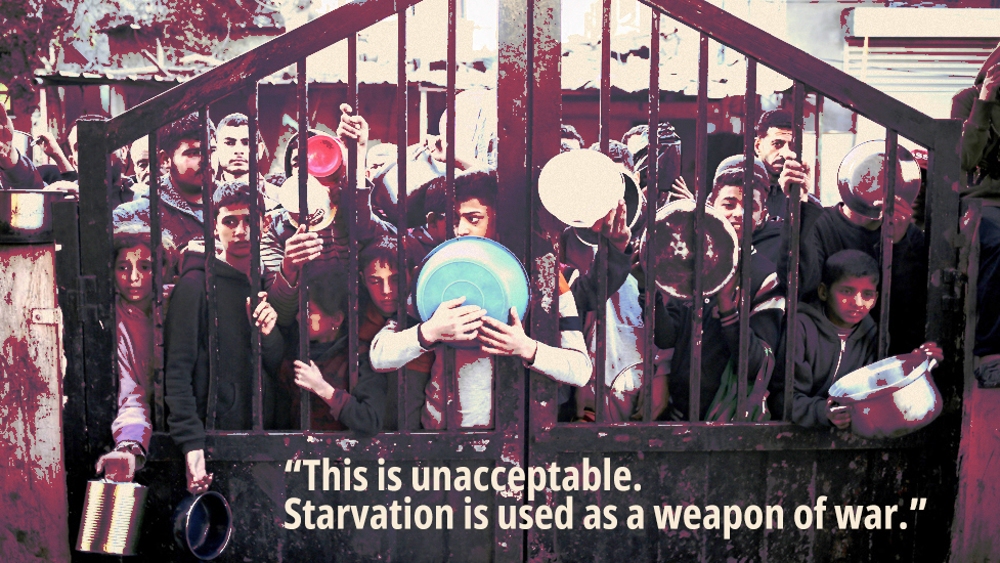

 This makes it easy to access the Press TV website
This makes it easy to access the Press TV website